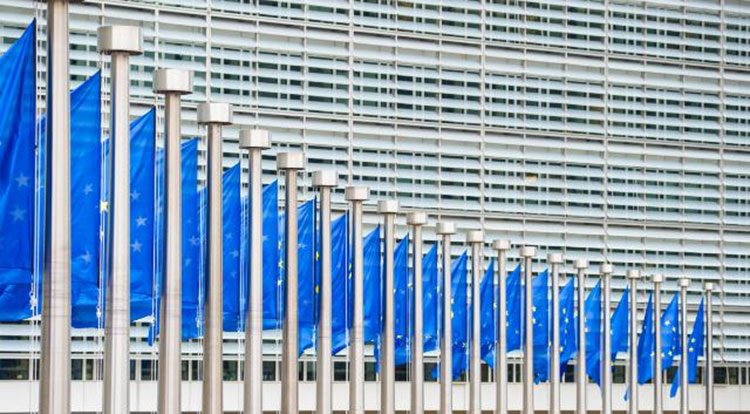The Council agreed to adjust the EU’s multi-annual financial framework for 2014-2020 to bring it in line with new priorities: tackling the migration crisis, strengthening security, boosting growth and creating jobs. The Council also adopted a directive updating and extending the legal tools available to respond to the evolving terrorist threat across the EU.
Mid-term review of the EU’s budgetary framework 2014-2020
The Council agreed to adjust the EU’s multi-annual financial framework for 2014-2020 to bring it in line with new priorities. The agreed changes reinforce the EU’s support for tackling the migration crisis, strengthening security, boosting growth and creating jobs. They will allow the EU to respond more easily to unexpected needs without changing the MFF expenditure ceilings. And they will help to avoid an excessive backlog of unpaid bills.
“This first-ever revision of the multi-annual budgetary framework will ensure that the EU budget is even more effective in tackling current challenges and responding to unexpected needs. It also avoids undue pressure on member states’ national budgets at a time of continuing efforts to consolidate public finances. The Maltese presidency, building on the work of the Slovak presidency, has worked very hard to unblock the deadlock of last year and we are very satisfied that an agreement could be reached today.”
Spring European Council
The Council finalised preparations for the March European Council by discussing draft conclusions covering the topics that are expected to be discussed by EU leaders. The spring European Council will focus on jobs, growth and competitiveness. It will reflect on how to ensure the sustainability of the economic growth that all member states are currently experiencing. It will discuss trade policy and progress on files related to the single market.
“We are beginning to see results: for the first time in almost a decade the economies of all member states are growing – and are expected to continue to grow for the foreseeable future. But to create jobs it is crucial that economic growth is sustainable. Today’s Council meeting enabled us to prepare for a meaningful discussion at the European Council, where the future of Europe is at the heart of our agenda”
On migration, European leaders will review progress in implementing the measures agreed in Malta in early February to curb the migratory flow on the Central Mediterranean route. They will also assess the implementation of the European Council conclusions of December 2016 on external security and defence and will discuss the situation in the Western Balkans. The European Council is also expected to elect its President for the period 1 June 2017 to 30 November 2019.
Fight against terrorism
The Council adopted a directive updating and extending the legal tools available to respond to the evolving terrorist threat across the EU. New rules will help prevent terrorist attacks by criminalising acts such as undertaking training or travelling for terrorist purposes, as well as organising or facilitating such travel. They also strengthen the rights of the victims of terrorism. The Council also adopted a regulation reinforcing checks at external borders.
- EU strengthens rules to prevent new forms of terrorism
- Schengen borders code: Council adopts regulation to reinforce checks at external borders (Press release, 7 March 2017)
Medical devices
The Council adopted new EU rules improving the safety of medical device. These will enhance patients’ health and provide disabled persons with a better quality of life while ensuring that patients get timely access to innovative healthcare solutions.
Medical devices and in vitro diagnostic medical devices help diagnose, prevent and treat or alleviate diseases. They cover a wide range of products, from sticking plasters to hip replacements and hearing aids, and from pregnancy tests to HIV tests.



